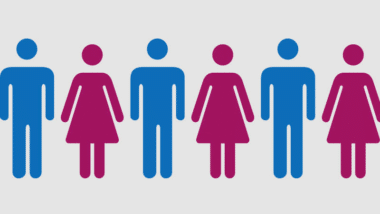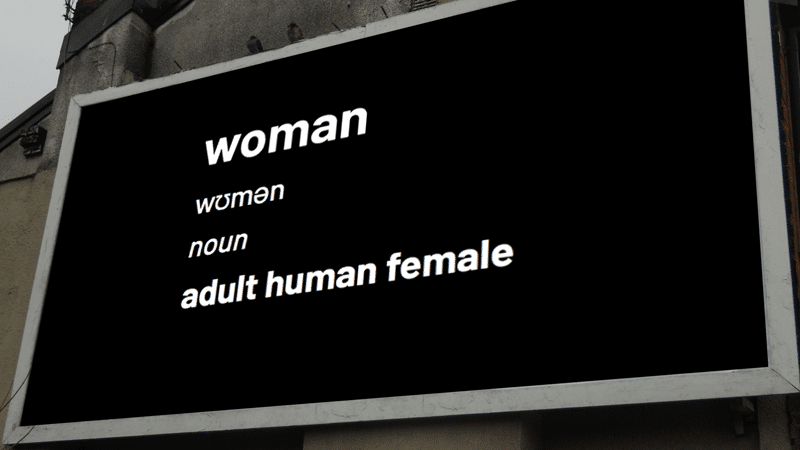The Cambridge Dictionary has been blasted for changing its definition of ‘woman’ to include men and vice-versa.
The online dictionary has added an extra definition to each word to include anyone who “lives and identifies” as the opposite sex even if they had a “different sex at birth”.
Campaigners who uphold the reality of biological sex have called the change a ‘politically motivated slippery slope’ with ‘tragic implications’.
‘Tragic implications’
The Christian Institute’s Deputy Director Ciarán Kelly said: “The intention behind this is to change how people think and that has a knock-on effect.”
He told TWR-UK that it was another example of an institution promoting transgender ideology that leaves young people feeling confused about who they really are.
He said: “The tragic implications are that thousands of gender-confused children will go on seeking puberty blockers or cross-sex hormones.
“Or you get schools reading out books to eight-year-olds that say ‘when you’re born doctors pretty much take a guess at whether you’re a boy or a girl and they might be right, they might be wrong’.”
‘Slippery slope’
Maya Forstater, Executive Director of Sex Matters, said: “The primary dictionary definition remains adult human female and male. This is also the legal definition, and the one most people understand.”
Toby Young, Founder and Director of The Free Speech Union, said the change is an example of “identity politics creeping into the way a dictionary defines words”.
He added: “I suspect this new definition has been introduced as a result of lobbying by political activists, a slippery slope that no dictionary should go down.”
A spokesman for the dictionary said: “Our dictionaries are written for learners of English and are designed to help users understand English as it is used.”


